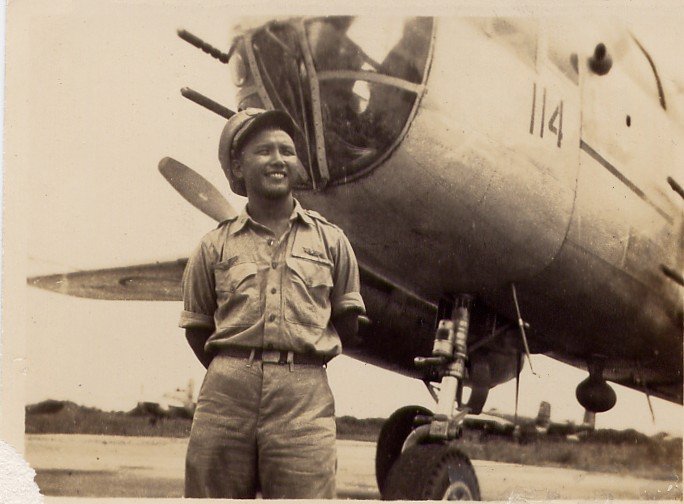Finding Home with Win Shen (2002)
Pages: 170, Printer: Johnson Printing, Editing: Jenifer Servais
My neighbor, Win Shen, asked if I would write a book about the lives of his father and mother, Kuo-Chien (KC) and Ling-Chang Shen, who had retired to Rochester in 1994. KC had been diagnosed with terminal lung cancer, and both Win and his father thought it was time to put his life stories into writing. I knew little of KC, only that he lived in Rochester with his wife, had been an officer in the Chinese military, and enjoyed gardening.
KC and I met nineteen times over the next seven months, always at my home, often in my writing studio in my back yard, and usually for one or two hours. I knew KCs illness was terminal, and he did too, but we didn’t talk of death, rather we talked about the joys of a life well lived.
KC mentioned several times how important it was at this point in his life to document his stories for his sons and future generations. He said, Ten years ago I was not ready to write this book, for I knew I had years to live. Five years ago I thought the same. But now, it is time for me to put my life in writing.
For each of our meetings, KC drove to Wins house and then walked the short distance to mine. He carried a briefcase, often wore a blue baseball cap, and always wore a jacket or insulated vest, even on the summer days, to warm his chest and lungs. I would come outside to greet him. Upon seeing me, a wide smile crossed KCs face, and he would lower his head just a bit in a polite bow, and then give me a happy, thumbs-up sign. There was pure joy in his smile and his very being. He would greet my wife, whom he called Mrs. Mike, and then we would walk to my writing studio, fifty yards behind my house.
There, over a period of several months, KC told me of the fascinating life that he, his wife, and sons had led. His stories involved heartbreaking separation from his parents, brothers, and sister because of the Japanese invasion of China (pre-World War II) and the Communist takeover (Post-World War II), extensive military training in China and the United States, one hundred and fifty successful bombing missions, evacuating his wife from her medical school just hours before the city was overrun by Communists, forty years in the military and rising to the rank of Major General, and tremendous sacrifices by him and his wife so that their two sons could come to the United States and receive the finest education possible. He had lived a made-for-movie kind of life.
After a meeting in November, KC and I walked from my writing studio, we said our goodbyes, and I watched him go up the driveway to the street. I went in my house for a few minutes, and then returned outside. The evening was growing dark, and as I looked toward Wins house, I saw KC standing still by the road, a sad, shadowy figure in the distance. I believe that he had been there alone for several minutes. He must have known that he had made his final visit, so he was taking a long, slow look at a neighborhood that he loved. It would be my last time to see him. Three days later, Win told me that his father was fading quickly. I worked feverishly to complete the first draft of our book, and Win delivered it to KC Sunday, December 2nd. Six days later, KC died peacefully with his family by his side. I was pleased that he saw the draft and privileged to help accomplish a task that was so important to him and his family. We titled the book, Finding Home. In its foreword, Win wrote, We are thankful that our good friend Mike Ransom has provided the opportunity to complete the book for our family. This will be a treasure for many generations to come.
Excerpt
Not only was I the youngest child in my family, but I believe I was also the happiest. Because I was the youngest, very little work was assigned to me. So I swam, hunted wild ducks, rode horses, and bicycled. I did many chores around the house, though, and I always received high marks at my primary and middle schools. But my happy childhood ended on July 7, 1937, when the Japanese invaded our country.
In those days, we did not celebrate birthdays the way we do today (a major difference between the Chinese and American cultures). When I was young, nobody had a birthday party for me. I don’t even know the dates when my father and mother were born or died. Because as a young boy, I didn’t think to ask my father when he was born. So I don’t know.
I have but a few pictures remaining that were taken during my childhood. Sadly, the Japanese, then the Communists, not only destroyed my hometown and killed my family members, they destroyed my family's belongings, including the photographs. They may have been able to destroy the pictures, but they did not destroy my memories of happy times in my hometown with my family.

